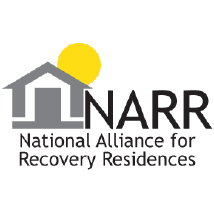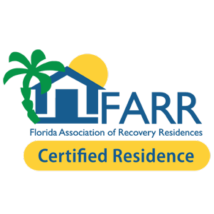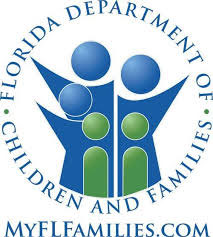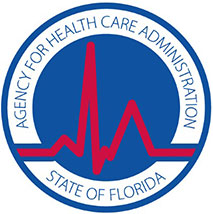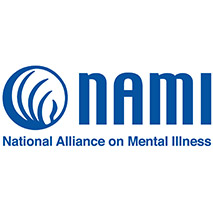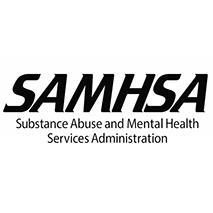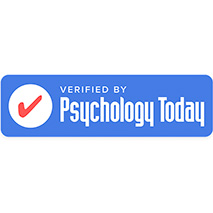If you are seeking treatment for bipolar disorder and substance abuse, it is important to understand the connection between the two conditions.
Bipolar disorder and addiction can interact with each other, creating a spiral of worsening symptoms. However, with proper treatment, both conditions can be managed effectively.
Today, we are going to explore the link between bipolar disorder and addiction, symptoms, and treatment. If you would like more information, please call us today at (844) 999-0874.
What is Bipolar Disorder?
Also sometimes known by its former name “manic depression,” bipolar disorder is a mental health condition where a person experiences intense mood swings that may also affect their thoughts, feelings, and behaviors.
Research suggests that bipolar disorders have a large genetic component, though the exact mechanisms of how they are passed from one generation to the next have not yet been determined. Not all family members of people with a bipolar diagnosis will inherit the condition.
Bipolar disorder requires a diagnosis from a medical professional. A doctor may categorize the condition as Bipolar I, Bipolar II, or a range of others.
Bipolar Symptoms
Various symptoms may present themselves depending on the specific bipolar diagnosis. Not all individuals will present the same symptoms, either. However, there are some common traits that can be identified by a medical professional.
According to the Mayo Clinic, common bipolar symptoms include:
Emotional Highs (Mania)
- Unusually excited or jumpy behavior
- Increased levels of energy
- Heightened sense of agitation
- Shorter or less frequent sleep
- Abnormal talkative behavior
- Experiencing fast, racing thoughts
- Easily distracted from tasks at hand
- Difficulty or inability to exercise discernment in making decisions
Emotional Lows (Depression)
- Increased feelings of sadness, hopelessness, or irritability
- Lack of engagement or pleasure in most or all activities
- Changes in appetite, eating habits, or bodyweight
- Sleeping longer than 8 hours each day or experiencing insomnia
- Restless behavior or decreased activity levels
- Feelings of fatigue or low energy
- Low self-esteem or feelings of undeserved guilt
- Difficulty thinking or concentrating
- Indecisiveness
- Suicidal ideation or planning
Is There a Link Between Bipolar and Substance Abuse?
Evidence suggests that individuals living with bipolar disorder are at an increased risk of also developing complications with substance abuse. They share common traits, such as difficulties with impulse control and emotional regulation.
However, it is important to note that many individuals who receive a bipolar disorder diagnosis do not also become addicted to substances. Instead, a person who has bipolar may be at a greater risk if they do decide to engage in drug or alcohol abuse.
Treatment for Bipolar Disorder
Treatment for bipolar usually lasts throughout a person’s life following a diagnosis by a medical professional. Depending on the specific symptoms displayed, a typical treatment plan may involve:
Medication
Upon diagnosis, a doctor will typically prescribe one or multiple medications depending on an individual’s specific symptoms. Antipsychotics and antidepressants are common types of medicines that a patient with bipolar disorder may take to help maintain more stable emotions and moods.
Psychotherapy
Alongside medication, psychotherapy factors heavily into the treatment process for bipolar disorder. Options such as group therapy, one-on-one cognitive behavioral therapy, and family therapy are common services that might be recommended.
Dual Diagnosis Treatment
Some people struggle with symptoms of both bipolar and substance abuse disorders. For these individuals, a dual diagnosis treatment facility offers the opportunity to work through their addiction recovery process while also receiving mental health care that addresses any present conditions affecting them emotionally or mentally.
Treatment at these facilities is based on an individualized plan which takes into account what has been diagnosed so far as well other potentially relevant information like family history with substance abuse or mental health.
Get Dual Diagnosis Treatment for Bipolar and Substance Abuse in Hollywood, Florida Today
At Compassion Behavioral Health, we provide substance abuse and mental health treatment to residents of the Hollywood, Florida area and surrounding communities.
We believe in developing individualized care plans for each person. Our team of doctors and licensed therapists regularly collaborate to create effective dual diagnosis treatment strategies to help people recover from their addiction and obtain the necessary resources to manage the symptoms of mental health conditions such as bipolar.
To learn more, call us today at (844) 999-0874 or contact us online anytime.


